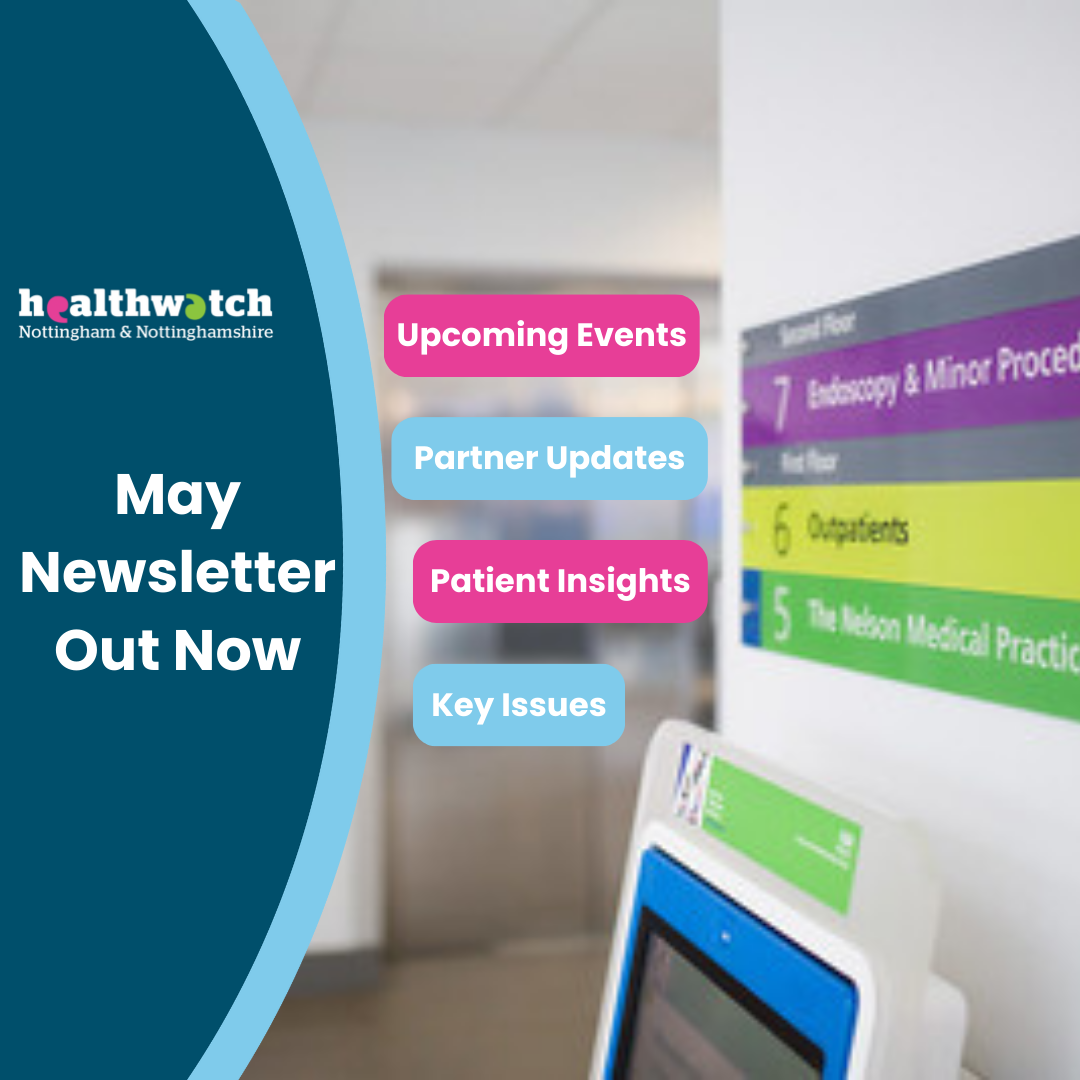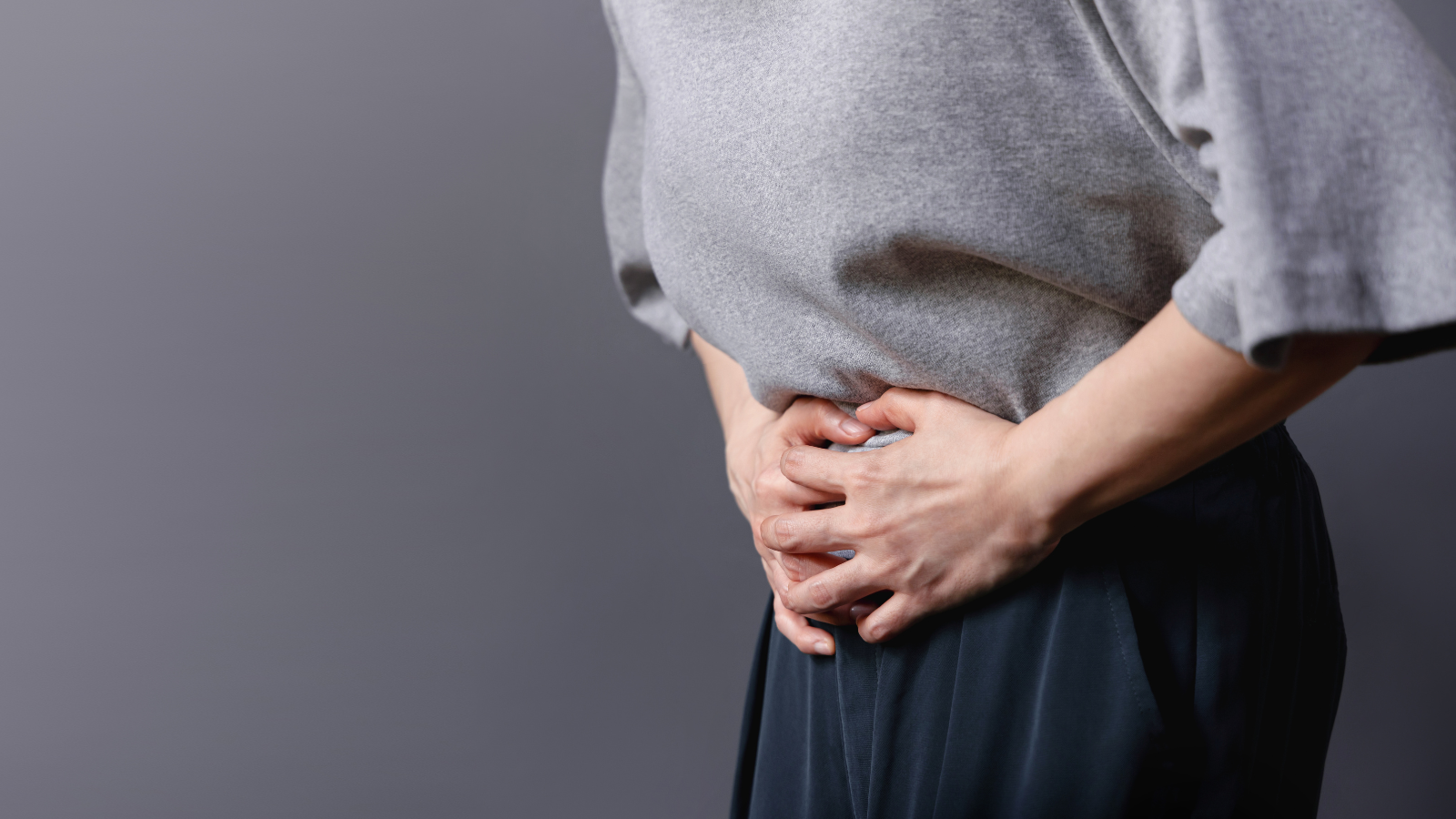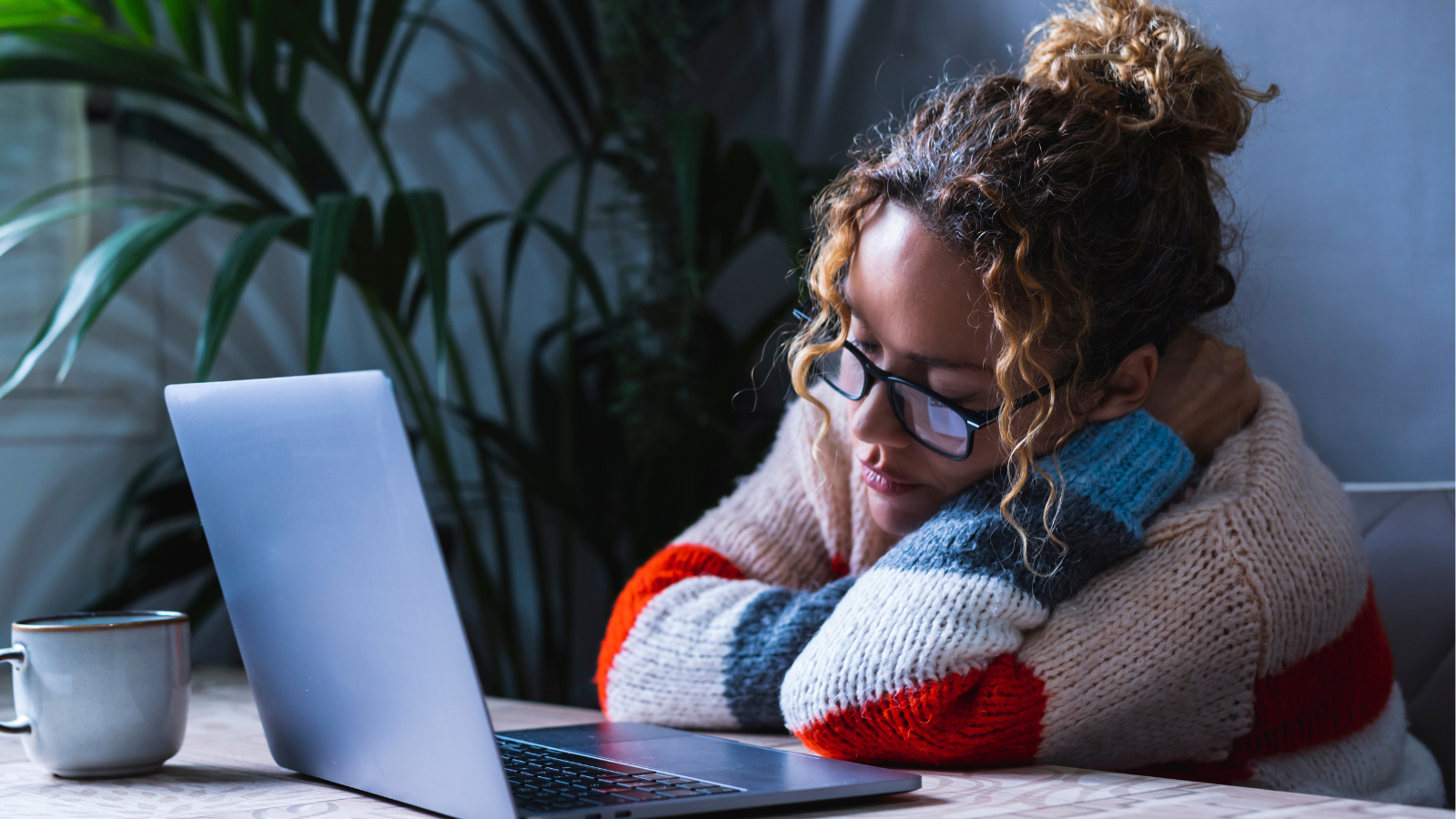Spiking: What It Is, How to Stay Safe, and What to Do
Spiking entails the administration of substances such as drugs and alcohol to another individual without their consent. Typically, the intent is to incapacitate the individual in order to target them for another crime, like theft, assault, or sexual violence.
Methods of spiking include:
- Adding substances to drinks
- Adding substances to food
- Injections
- Adding substances to cigarettes, and increasingly, to vapes
How to avoid spiking
- Never leave drinks, food, cigarettes or vapes unattended
- Don’t accept drinks, food, cigarettes, or vapes from strangers
- Stay within drinking guidelines
- Plan your journey. This includes:
- Letting someone know where you’re going.
- Letting them know when you will be coming back.
- Having plans for your journey home ahead of time.
Symptoms of spiking
These are some of the symptoms that may occur if you have been spiked. It is important to note that these will vary depending on the substance used.
- Impaired judgement
- Nausea or vomiting
- Sudden drowsiness or extreme fatigue
- Blurred or double vision
- Loss of coordination or trouble walking
- Disorientation or difficulty maintaining focus
- Amnesia
- Unconsciousness
What to do in a spiking incident
If you believe you have been spiked, these are the steps to follow:
- Call 999 if you are experiencing severe symptoms like unconsciousness, disorientation, chest pain or difficulty breathing
- Even if you don’t experience any symptoms immediately, make sure you seek medical help as soon as possible. Some substances trigger a delayed effect.
- Avoid consuming more alcohol or drugs as this can complicate the situation.
- Stay with someone you trust or contact someone to ensure you are not alone.
You can also report incidents online or by calling 101.
Alternatively, you can contact Victim Support through the following:
- Supportline: 08 08 16 89 111
- Livechat: http://victimsupport.org.uk/live-chat
If you believe you have been assaulted, you can contact Notts SVS Services online or by calling 0115 941 0440.
Remember, in any instance of spiking, you are not to blame. There is always support available.



